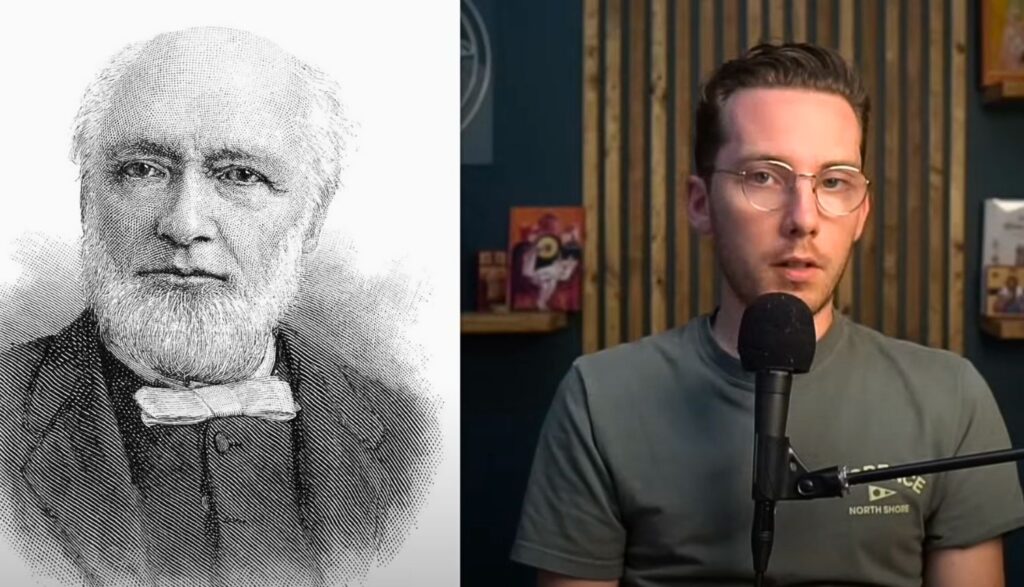
Austin Suggs loves theology and the gospel. He loves them so much that he pursued a theology degree from Moody Bible Institute. He also wanted to share both the gospel and theology online with others.
But as Suggs’ audience on his Gospel Simplicity YouTube channel grew, so too did his interest in other Christian expressions and traditions. When Suggs, who at the time characterized himself as being “nondenominational,” began his channel, he found himself attracting high-church Protestants, Catholics and Orthodox believers, too. None of this was too surprising; many of Suggs videos dipped their toes into the varying traditions.
Suggs’ journey led to a deeper investigation of Catholicism and spiritual doctrines in that tradition, such as transubstantiation. Eventually, Suggs decided to study Catholicism, Orthodoxy and (his own) Protestantism at large on a far deeper level so that he might better understand each position.
This channel showcases his ecumenical study of these varying traditions.
Gospel Simplicity focuses on ecumenical interviews and dialogues across Christian traditions. Though Suggs approaches these thoughtful conversations from a Protestant mindset, he hopes to represent the Catholic and Orthodox views in a way that is both accurate and respectful. Viewers who watch Gospel Simplicity can be confident that Suggs’ conversations about the other traditions will be thoughtful and kind.
And that understanding of other traditions can certainly be beneficial. For starters, it helps us to hold our tongues and to soften our tone when we disagree theologically with a believer from a different spiritual branch. Suggs’ videos also invite us to explore Christian history’s great debates for and against a variety of doctrines.
Along the way, Suggs also warns against some ways we shouldn’t read the church fathers—that is, ways that will hinder us from proper study. Specifically, he cautions us not to read these early Christian writers in isolation from their historical context in an attempt to bolster our own arguments.
“Your faith should not be about winning arguments; Your faith should be about seeking Christ,” Suggs tells viewers.
None.
It can be helpful for our faith journeys to understand the rationale behind other Christian traditions. And rather than simply writing others off as being “misguided” or “ignorant,” we can often find that people have decent arguments for why they hold to the views they do.
That doesn’t mean we have to agree with them, of course—and Gospel Simplicity makes that very clear. But doing that careful study can help us to connect, clear up misunderstanding and potentially refine our own line of reasoning, too.

Kennedy Unthank studied journalism at the University of Missouri. He knew he wanted to write for a living when he won a contest for “best fantasy story” while in the 4th grade. What he didn’t know at the time, however, was that he was the only person to submit a story. Regardless, the seed was planted. Kennedy collects and plays board games in his free time, and he loves to talk about biblical apologetics. He’s also an avid cook. He thinks the ending of Lost “wasn’t that bad.”